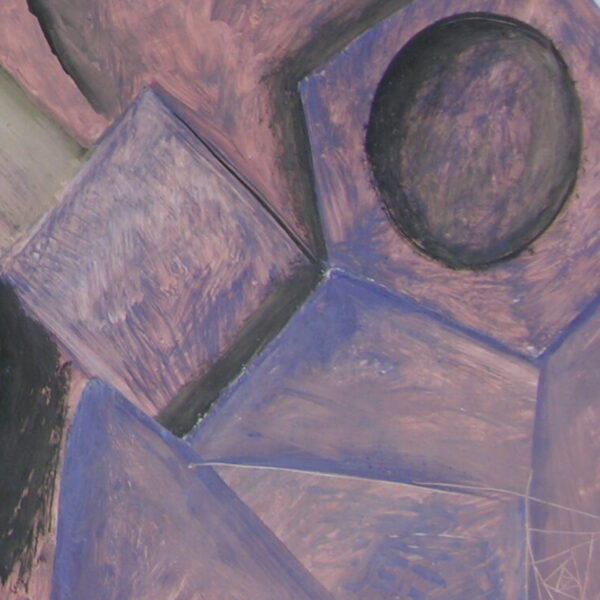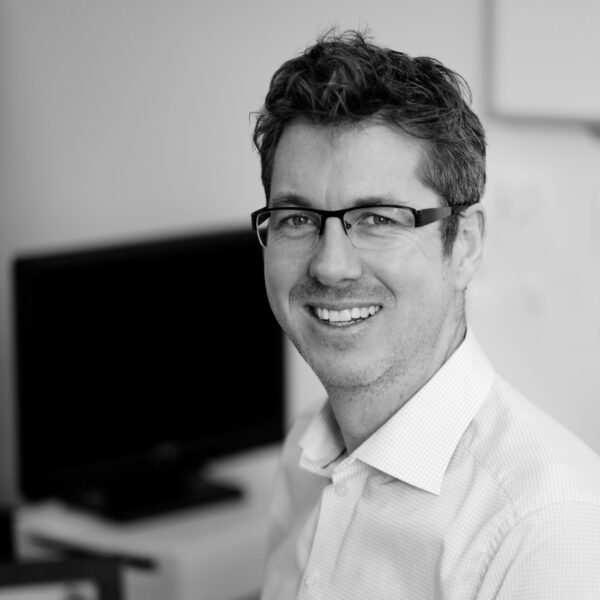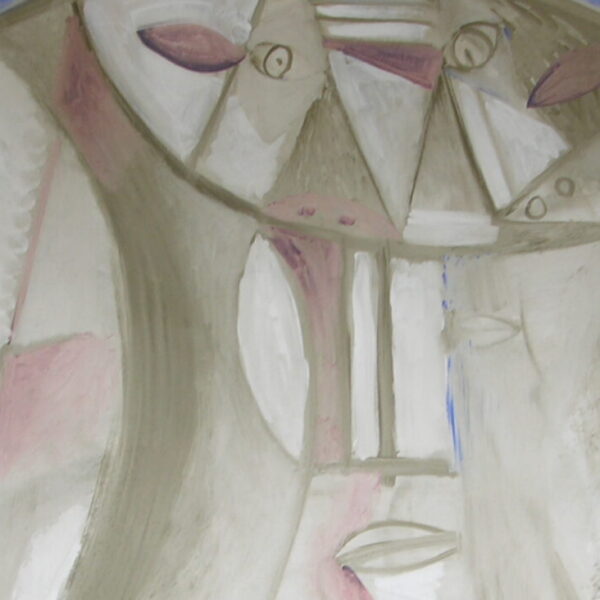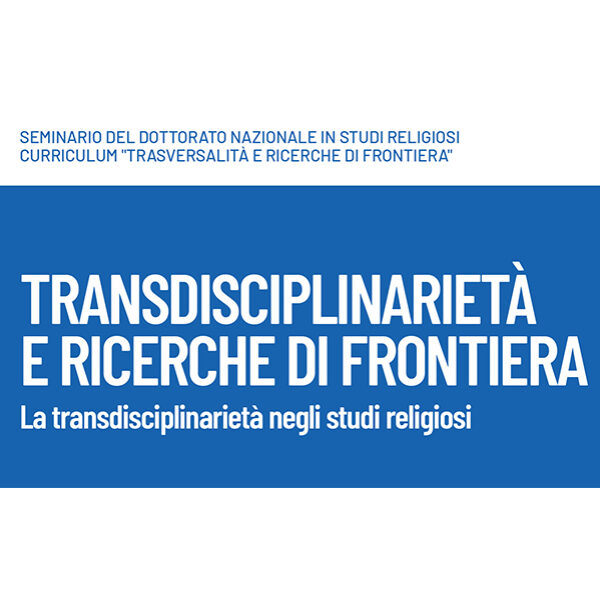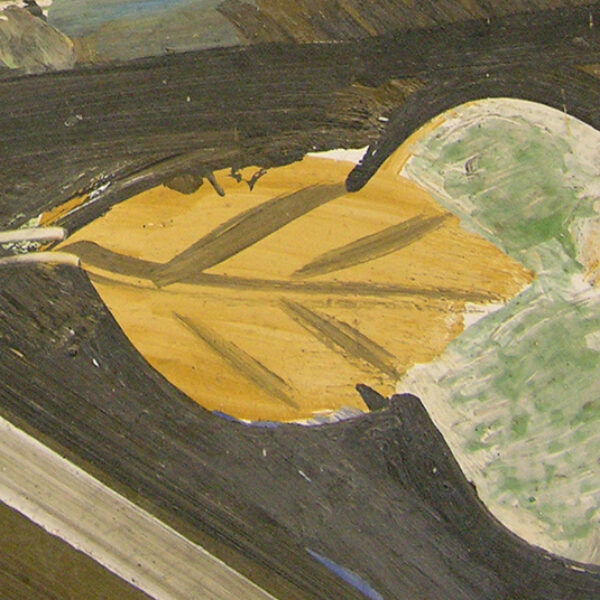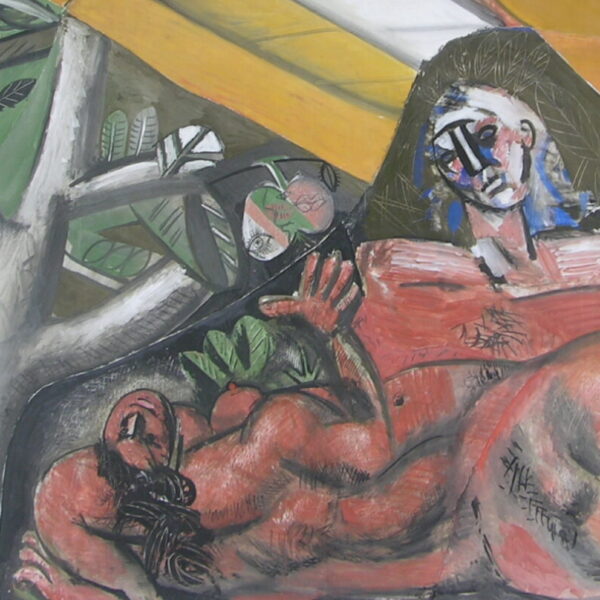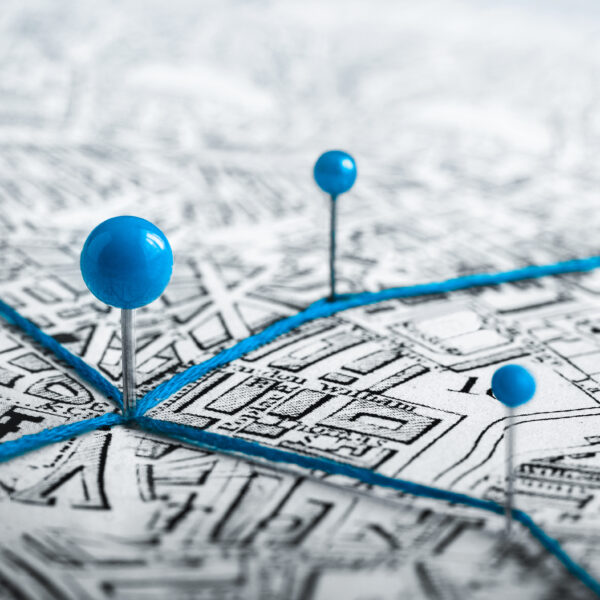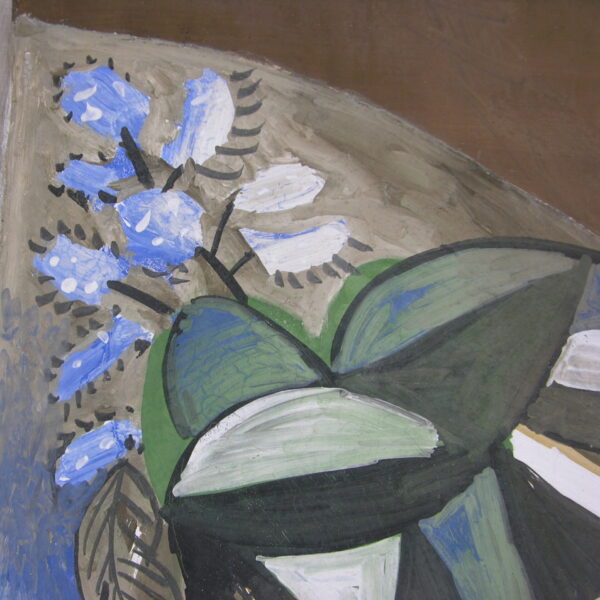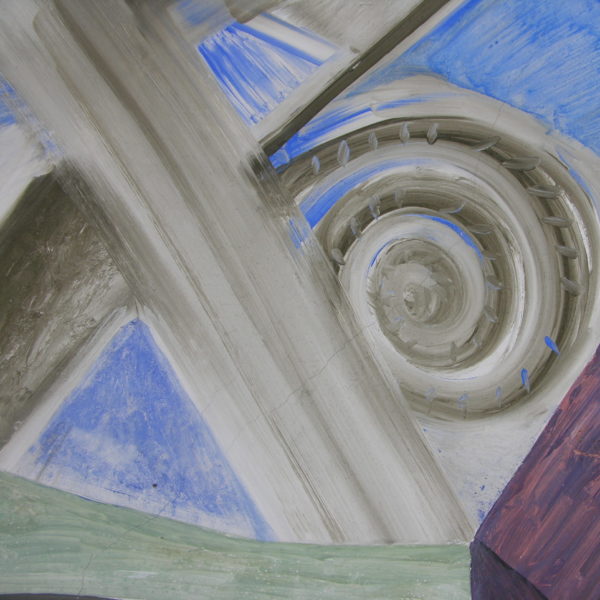Events
-
In this talk, I will critically analyze the relationship between embodiment and the digital self in three theoretical steps: 1) I will briefly provide the historical philosophical context of the emergence of the problem; 2) I will question the dualistic argument by providing a three-step counter-argument; finally 3) I will focus on the third step by delving into the relationship between extension and incorporation in the digital sphere.More info
-
RYAN MCKAY, Professor of Psychology at the Department of Psychology of Royal Holloway, University of London, will give a workshop in FBK’s Aula Piccola on the sacred and the profane in language and law.More info
-
A researcher since 2006 at FBK-Istituto storico Italo-Germanico in Trento, Fernanda Alfieri is now a researcher in Modern History at the University of Bologna. Her studies investigate the history of sexuality in the long modern age and the relationship between science and religion. Her publications include: "Nella camera degli sposi. Tomás Sánchez, il matrimonio, la sessualità (secoli XVI-XVII)", Bologna, il Mulino, 2010; "Veronica e il diavolo. Storia di un esorcismo a Roma", Torino, Einaudi, 2021; with T. Jinno, "Christianity and Violence in the Middle Ages and Early Modern Period. Perspectives from Europe and Japan", Berlin, De Gruyter, 2021.More info
-
Upon becoming a Buddha, one obtains three "bodies": the dharmakaya, the sambhogakaya, and the nirma?akaya. These bodies find their approximate counterpart in, respectively, God the father, the Holy Spirit, and God the son. What are the similarities and differences between these two triads?More info
-
SEMINARIO DEL DOTTORATO NAZIONALE IN STUDI RELIGIOSI CURRICULUM "TRASVERSALITÀ E RICERCHE DI FRONTIERA"More info
-
The fundamental principles on which the protection of identity is based are the full recognition of the freedom, equality, dignity and diversity of each person. Ensuring these rights is a necessary condition to guarantee the use of the Internet as an essential space to allow the self-organization of individuals and groups, as well as an indispensable tool to promote individual and collective participation in democratic processes and substantial equality.More info
-
Using previously unpublished materials written by the late American intellectual, Robert Bellah, this seminar addresses the issue of the relationship between thinking and having a body from a pre-postmodern point of view: “What did an intellectual in the rationalist tradition who discovered his own body at the age of fifty do with his body?”More info
-
Kick Off Meeting of the TESEO project: a participatory research projectt on religious, spiritual and multi-faith spaces in the province of Trento.More info
-
As is often the case, transformations in the religious landscape can help us understand future political developments. In the United States we can notice the intensification of radical phenomena linking the religious factor to conspiracy theories. This seminar will address the growth of the movement known as QAnon and its implications for the relationships between religion and security.More info
-
World religions are no longer the same as in the more or less recent past. They seem to have changed internally, but also to be participating in the processes of globalization. Both, quantitatively (attendance at rituals, participation in activities, and contributions to institutional expenses) and qualitatively (intensity of belief, commitment to militancy, adherence to fundamental principles), there have been significant changes, which cannot be adequately understood with the traditional tools of scientific knowledge, but which require new approaches, for a more in-depth analysis.More info
-
The goal of the webinar is to invesitgate the relationship between sexual life and personal identity in light of the posthumous fourth volume of Michel Foucault’s History of Sexuality and, in particular, of his reading of Augustine.More info
-
A new edition of the seminars in memory of scholar Massimo Rosati dedicated to the theme, particularly dear to him, of sacred spaces.More info
